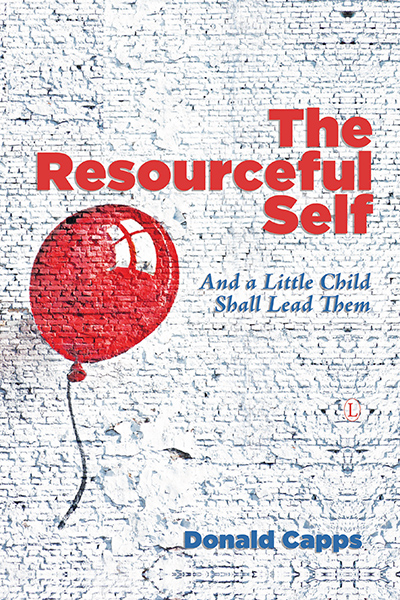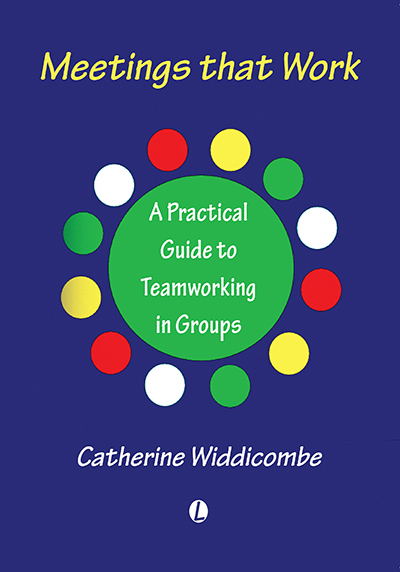Description
Erik Erikson, best known for his life-cycle theory and concept of the identity crisis, proposed that we are comprised of a number of selves. In several earlier books, including At Home in the World, Donald Capps suggests that the emotional separation of young children – especially boys – from their mothers results in the development of a melancholy self. In this book, Capps employs Erikson’s assignment of an inherent strength to each stage of the life-cycle and proposes that the life-enhancing strengths of the childhood years (hope, will, purpose, and competence) are central to the development of a resourceful self, and that this self counters the life-diminishing qualities of the melancholy self.
Focussing on Erikson’s own writings, Capps identifies the four primordial resources that Erikson associates with childhood – humour, play, dreams, and hope – and shows how they assist children in confronting life’s difficulties and challenges. Capps further suggests that the resourceful self that develops in childhood is central to Jesus’s own vision of what we as adults might become if we follow the lead of little children.
About the Author
Donald Capps is William Harte Felmeth Professor of Pastoral Theology (Emeritus) and Adjunct Professor at Princeton Theological Seminary. He is the author of Still Growing: The Creative Self in Older Adulthood (The Lutterworth Press, 2015) and At Home in the World: A Study in Psychoanalysis, Religion, and Art (The Lutterworth Press, 2013). His other books include Striking Out: The Religious Journey of Teenage Boys (2011), Understanding Psychosis (2010) and Living in Limbo: Life in the Midst of Uncertainty (with Nathan Carlin, 2010).
Contents
Preface
Acknowledgments
Part I: Reconciling Selves
1. The Melancholy Self
2. Dual Mothers and Artistic Inhibition
3. The Resourceful Self
Part II: The Primordial Resources
4. The Ease of Humor
5. The Power of Play
6. The Beneficence of Dreams
7. The Promise of Hope
Epilogue
References
Index
Endorsements and Reviews
The deep struggles of being human are enticed to come out and play with hopeful possibilities that are as real and human as the struggles themselves. They are already there, deep within – in humour and hope, in dreams and play. Donald Capps journeys intimately with Freud and Erikson to reach beyond and discover the resourceful self.
Yolanda Dreyer, University of Pretoria, South Africa
With unsurpassed precision and characteristic hope, Donald Capps coaxes from Erik Erikson’s clinical essays on children and young people a battery of psycho-spiritual resources for countering threats of the melancholic self. The reader closes this book with renewed vigour, encouragement, and good cheer for facing the day.
Robert C. Dykstra, Princeton Theological Seminary, New Jersey
[Donald Capps] shows a deep knowledge of the corpus of Erikson’s writings, not only of his major tomes but also of his selected papers and clinical essays on children and young people. This is vintage Capps, a view to a child’s social development from a psycho historical viewpoint. … This is a worthy book …
Howard Worsley, in Theology, Vol 119, No 3






